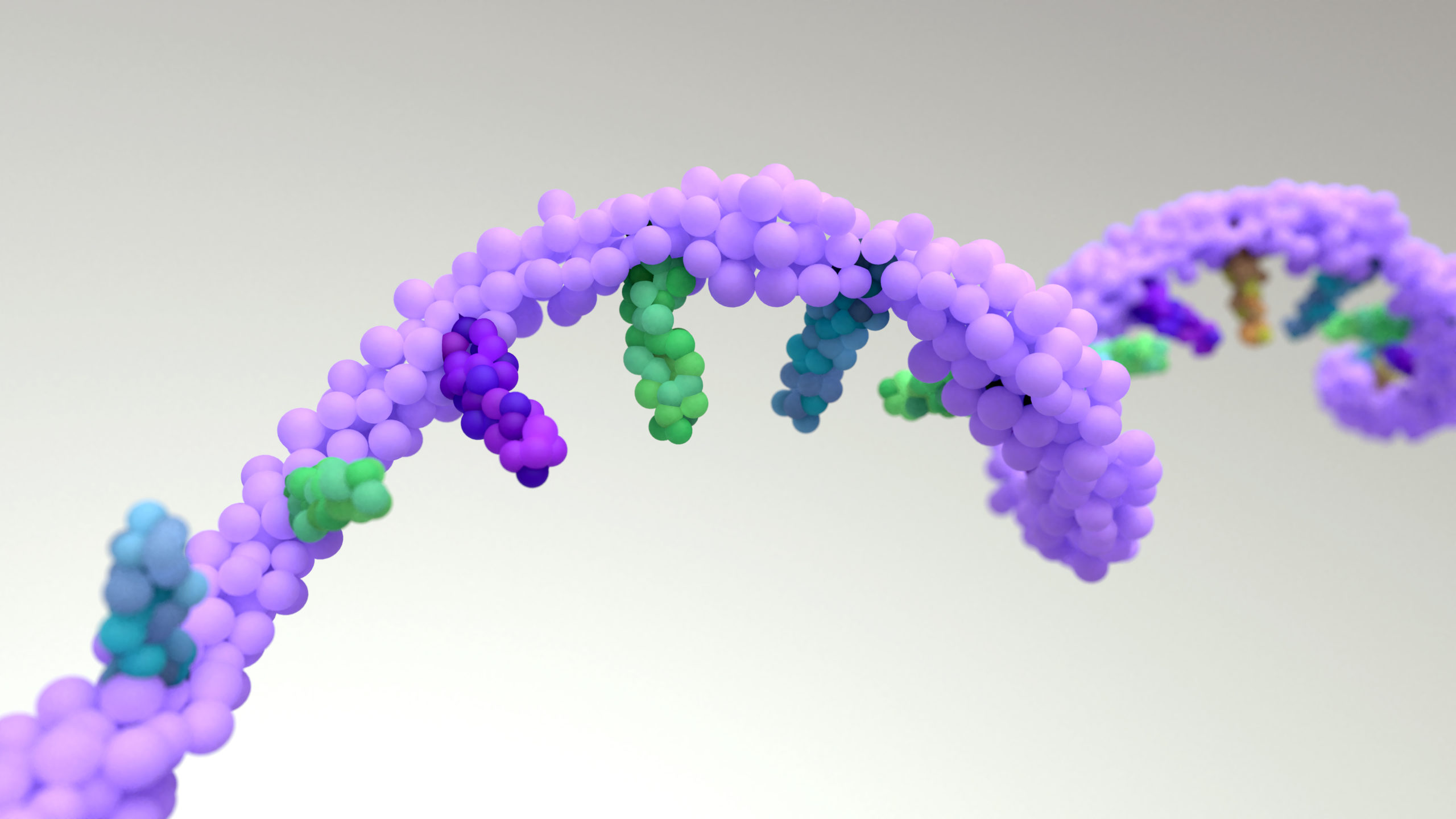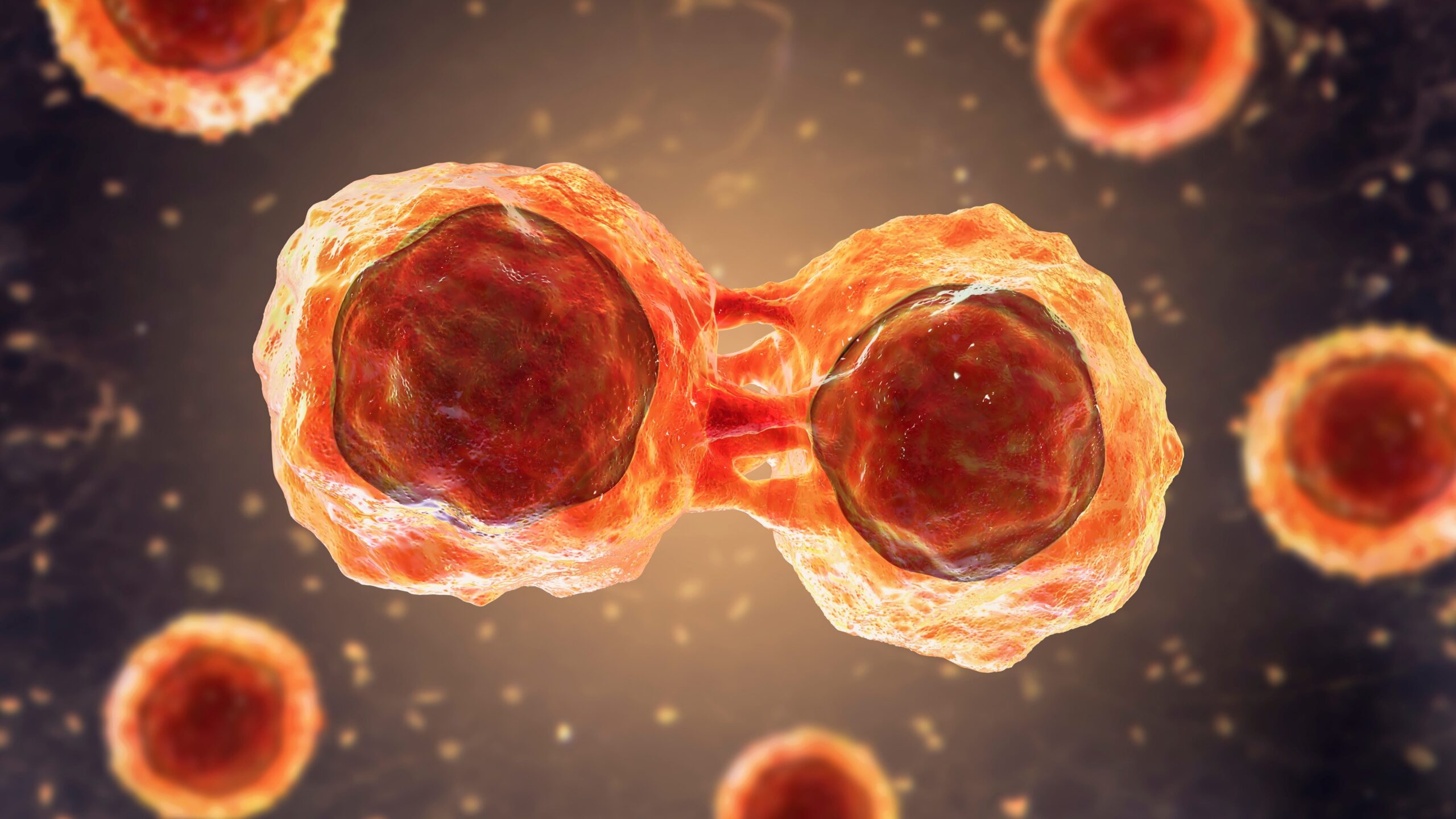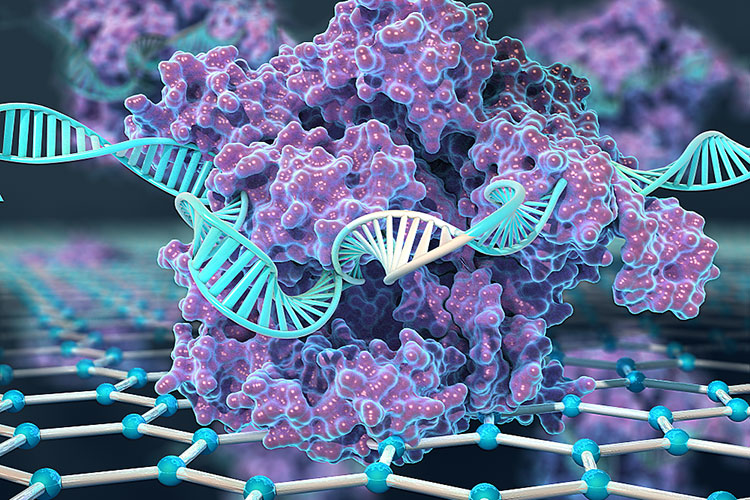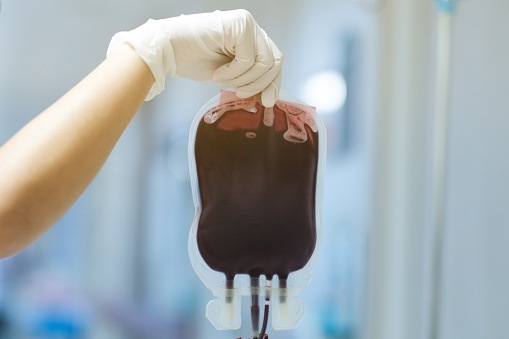
A recent study discusses how SF3B1 mutations are involved in myelodysplastic syndrome (MDS) pathobiology. Specifically, it illustrates how these mutations suppress cyclin-dependent kinase 8 (CDK8) in hematopoietic stem and progenitor cells (HSPCs), leading to disrupted hematopoietic differentiation.
“CDK8 depletion not only reduces fitness and biases HSPCs towards myelomonocytic lineages but also mirrors phenotypes observed in SF3B1-mutant MDS,” wrote the study authors. They presented their findings at the 66th American Society of Hematology Annual Meeting & Exposition in San Diego, California.
The researchers began their study with a meta-analysis of cell lines and RNA sequencing data from patients with SF3B1-mutated MDS, through which they were able to confirm an association between SF3B1 mutations and CDK8 repression.
They then used short hairpin RNAs to target CDK8 in human CD34+ HSPCs and compared these cells to control HSPCs. Loss of CDK8 in the HSPCs led to elevated percentages of CD13+CD14+ myeloid cells, as well as increases in colony numbers and myeloid-derived colonies.
Next, the researchers performed xenotransplant of the CDK8-repressed HSPCs and control HSPCs into immunodeficient mice. They found that mice who received the former “had 14-fold reduction in human cell chimerism and increased percentages of mature myeloid cells in peripheral blood compared to controls,” along with greater prevalence of common myeloid and granulocyte-monocyte progenitors and 4-times-greater CD117 intensity. Bone marrow cellularity in the mice also decreased.
On further transcriptomic analysis, the researchers found in the CDK8-repressed HSPCs that expression of homeostatic genes was reduced while that of genes linked to myeloid differentiation and oncogenesis was increased.
They noted that “our gene sets were found to be deregulated in SF3B1-mutant MDS patients, suggesting the effects of SF3B1 mutations are partly mediated through CDK8 loss.”
Reference
Bonner EA, Song A, Arriaga-Gomez EA, et al. MDS-associated SF3B1 mutations promote aberrant hematopoietic cell fate choice by disrupting mediator kinase module component CDK8. Abstract #344. Presented at the 66th American Society of Hematology Annual Meeting and Exposition; December 7-10, 2024; San Diego, California.







 © 2025 Mashup Media, LLC, a Formedics Property. All Rights Reserved.
© 2025 Mashup Media, LLC, a Formedics Property. All Rights Reserved.